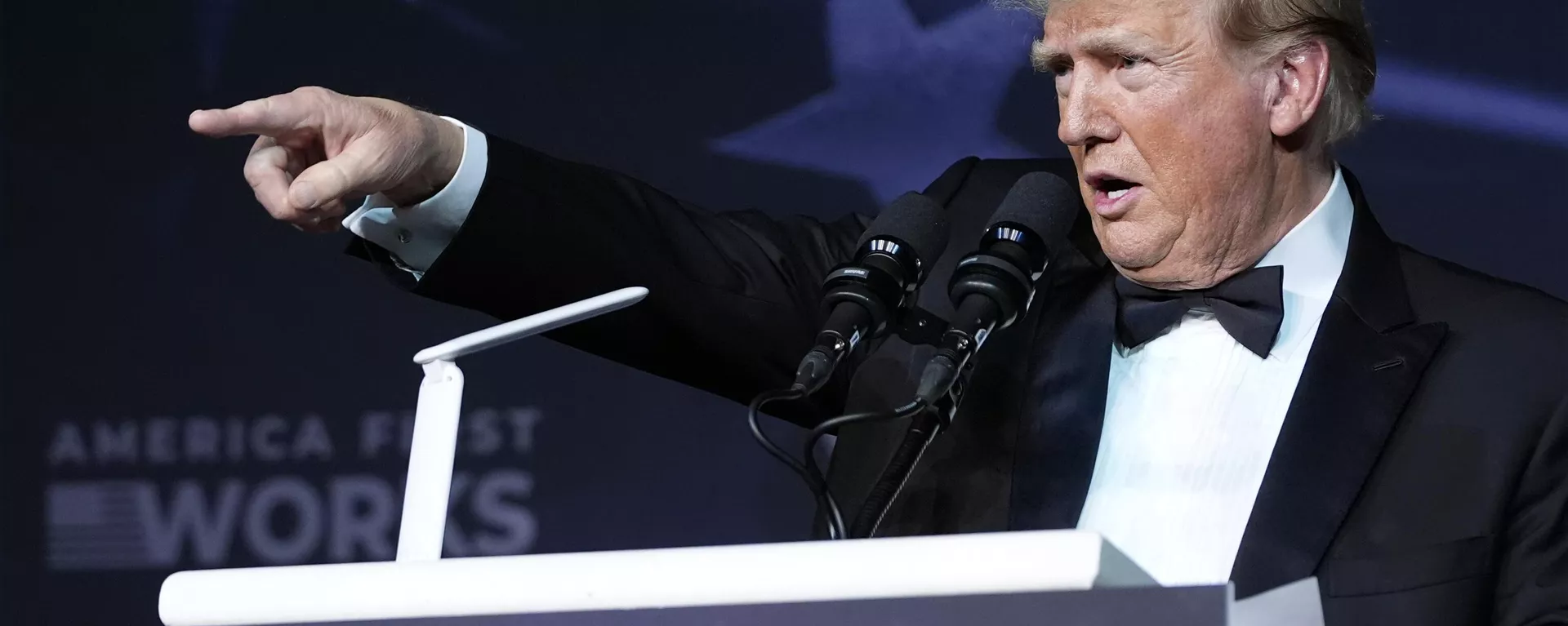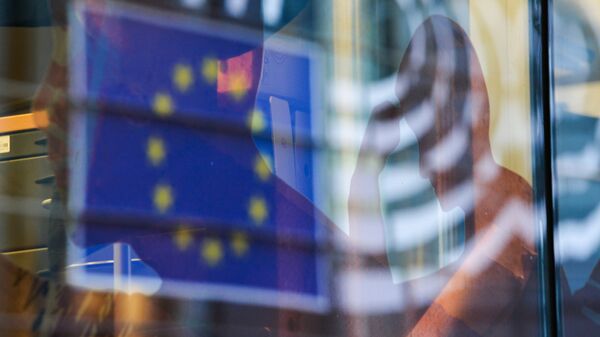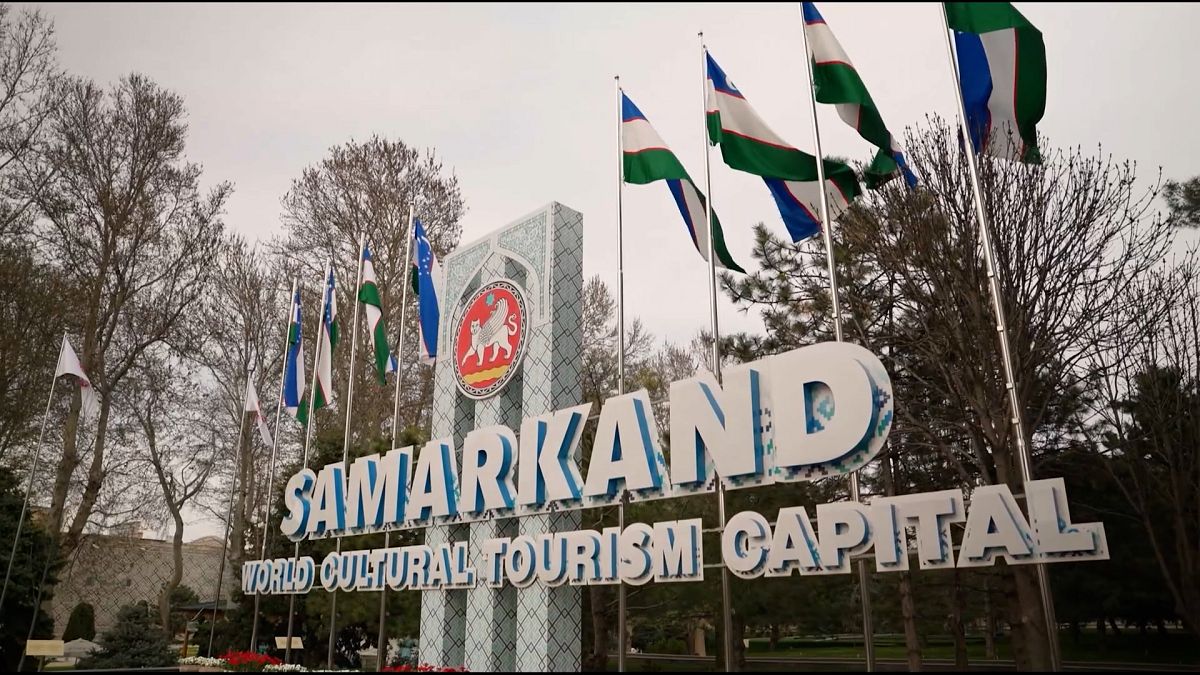The president has struggled to find a candidate that satisfies enough lawmakers in a fractured parliament.
French President Emmanuel Macron is set to announce the name of his new prime minister on Friday morning, ending days of political deadlock after his former pick Michel Barnier was ousted last week.
Barnier was toppled in a no confidence vote on 4 December. Although some expected Macron would name Barnier's successor a day later, he remained silent and then missed another 48-hour deadline he gave to a meeting of party leaders on Tuesday.
On Thursday, Macron visited Poland but reportedly cut his trip short in a bid to finalise his decision.
The leader has struggled to find an appointee that would be popular with all members of a divided parliament, where no party has a majority. Whoever is named faces the immediate and daunting challenge of passing a budget agreement through parliament.
Since Barnier's ousting, several names have been circulated as his replacement.
François Bayrou, a centrist and loyal ally of Emmanuel Macron, is among the frontrunners. The leader of the Democratic Movement is broadly popular but still does not have unanimous support from members of other parties.
On the left, Olivier Faure, the first secretary of the Socialist Party, said appointing François Bayrou to Matignon would not be “the right choice”.
Former President Nicolas Sarkozy reportedly disagrees with appointing Bayrou to the job, with reports circulating in local media that he was actively lobbying against Bayrou’s appointment.
The two men, who know each other well, have harboured grievances against each other for several years. In 2012, Bayrou called for a vote in favour of François Hollande over Sarkozy in the second round of the presidential election.
The other frontrunner is the former left-wing Prime Minister Bertrand Cazeneuve.
Cazeneuve is supported by several Socialist Party members, including former President François Hollande, but is criticised by environmentalists. Marine Tondelier, the national secretary of the Europe Ecology – The Greens party, has rejected Cazeneuve’s nomination out of hand. In her view, Cazeneuve represents “the past”.
Former Socialist turned Macron-ally, Jean-Yves Le Drian's name has been touted as a potential prime ministerial pick.
The former minister of defence and foreign affairs under both Hollande and Macron is one of the few figures that has served under two presidents. However, Drian also faces skepticism from the Socialist Party, who have yet to respond to his potential appointment.
In the more conservative faction of Macron’s coalition, the idea of Sébastien Lecornu as prime minister is gaining traction.
A former member of the right-wing Les Républicains party, the Minister of the Armed Forces is a close ally of Emmanuel Macron.
Lecornu also holds the record for the longest tenure alongside the President, having served in multiple ministerial roles since 2017, the start of Macron’s first term.
Catherine Vautrin is also being mentioned. Hailing from a right-wing political background, the former minister for partnerships with territories and decentralisation joined Macron's camp in 2024.
In 2022, she was considered a strong candidate for the role which was ultimately given to Élisabeth Borne.

 3 months ago
31
3 months ago
31






 We deliver critical software at unparalleled value and speed to help your business thrive
We deliver critical software at unparalleled value and speed to help your business thrive






 English (US) ·
English (US) ·